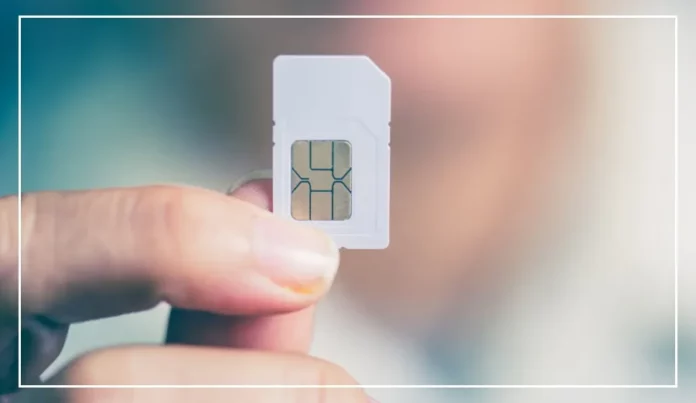The Prime Minister’s Office (PMO) has issued a new directive to the Department of Telecommunications (DoT), mandating that all new SIM cards must undergo Aadhaar-based biometric verification.
This rule applies to anyone purchasing a new mobile connection, and aims to stop criminals from using fake documents to obtain SIM cards and commit fraud.
SIM Card Regulations and Accepted IDs
While Aadhaar is now the required form of verification, other government IDs like voter ID or passport can still be used to obtain a new connection.
This change is part of the government’s effort to tighten the rules surrounding SIM card sales.
The new order ensures that retailers cannot sell SIM cards without completing the biometric verification process.
This move follows a recent review of the telecom sector, where issues with SIM cards being misused for fraud were discussed.
The Department of Telecommunications is also collaborating with law enforcement agencies (LEA) to track and punish criminals using AI tools to identify fraudulent activities.
The goal is to ensure mobile phones are not used for illegal activities and to prevent the misuse of multiple SIM cards linked to a single device.
Government Tightens SIM Card Selling Rules
Previously, customers could use other government IDs like voter ID or passport to get a new SIM card.
However, with this new directive, biometric verification using Aadhaar has been made compulsory for all new connections. SIM card sellers will not be allowed to sell cards without completing this process.
This change follows a recent review of the telecom sector, where the PMO emphasized that no SIM cards should be issued without proper biometric checks.
The Department of Telecommunications is also collaborating with law enforcement agencies to tackle cybercrimes and identify criminals using AI tools.
